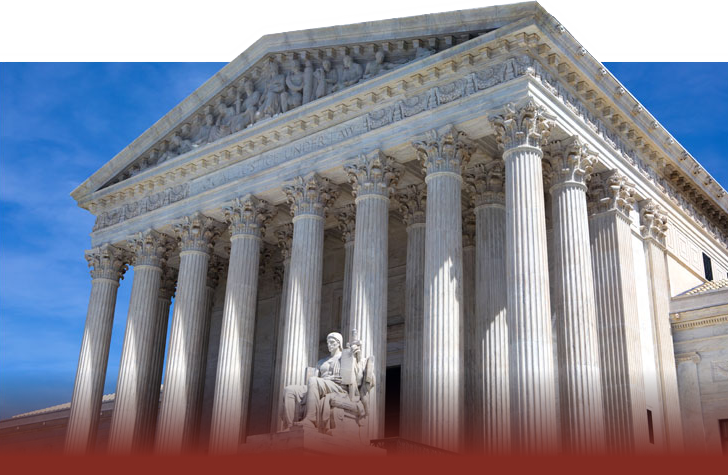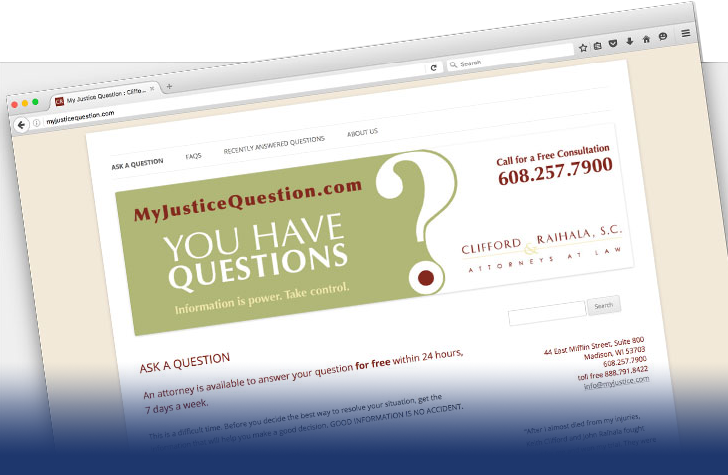Individuals on average might be involved in one or perhaps two personal injury lawsuits over the course of their lifetime. As a result, few non-lawyers have the background knowledge to assess an attorney’s credentials and make an informed decision. Instead, people commonly look online, or see an advertisement and often will hire the first attorney they speak with. There is, however, a better way. Armed with just some basic information, you can make a smarter decision about which attorney to hire.
The following five questions are designed to help you begin a dialogue with your potential attorney and to help elicit the information you’ll need to understand some crucial issues with how he/she handles a case so that you can make a more informed hiring decision:
1. What percentage of their cases involve personal injury?
Personal injury cases involve a fairly specific skill set which many general attorneys simply do not possess. Consequently, while there are many attorneys that advertise for personal injury cases, there are few who actually handle them regularly. Ask your potential attorney what percentage of his/her personal caseload is personal injury cases, and if that number isn’t a high percentage, you might want to look elsewhere.
2. What is your average time to resolution in cases like mine?
Every case is unique and no case is “average,” so there is no correct answer to this question. However, your attorney should be able to give you general guidelines about how long each stage of prosecuting your claim will take. For example, cases resolved by settlement usually take much less time than cases which are filed in court, or cases which actually go to trial. At Clifford & Raihala, we make every effort to promptly investigate the facts on which the claim is based, gather information from clients’ healthcare providers and work to fully evaluate your injuries, your healing and your prognosis for future problems from your injuries to obtain full compensation as soon as reasonably possible.
3. What is your contingency fee percentage?
Most personal injury cases are handled on a contingency fee basis. That means that the attorney will receive a percentage of the amount you recover. Every attorney’s fees are limited by our Supreme Court’s rules regulating the ethics of the legal profession. At Clifford & Raihala, there will be no fee in your injury claim unless we recover compensation for you, and this will be fully explained in writing.
4. Will you refer my case out, or will you handle it yourself?
Some attorneys advertise for personal injury cases but do not actually handle them themselves. These attorneys often just refer them out to other attorneys for a fee. Other attorneys just try to quickly settle the cases their advertising brings in, but have no intention of filing suit or trying the cases. At Clifford & Raihala, if we accept your case, we will see it through to the best conclusion for you. We don’t pass it along to staff members within our firm – there will always be an attorney handling your case.
5. What is the settlement value and trial value range for my case?
If any attorney tells you the “value” of your case at your first meeting with him or her, you probably should hire another attorney. Determining the value of a case requires understanding many factors, including important economic loss information such as medical expenses, lost income, household and other care services provided, and a full and complete understanding of how your injuries have affected you and your family. An important function of a personal injury attorney is to identify areas of loss, collecting information so the losses can be evaluated and then determining – with the client’s participation – what fair and reasonable compensation for those losses should be.
Stay in the News
How Should I Hire a Bicycle Accident Attorney?
Hiring an attorney for any legal problem is a daunting task. When [...]
What is My Motorcycle Accident Claim Worth?
If a lawyer tells you he or she knows what your motorcycle [...]
Do I Need a Pedestrian Accident Attorney?
In a word, the answer is “yes.” If you have been injured [...]
Contact Us
"*" indicates required fields





